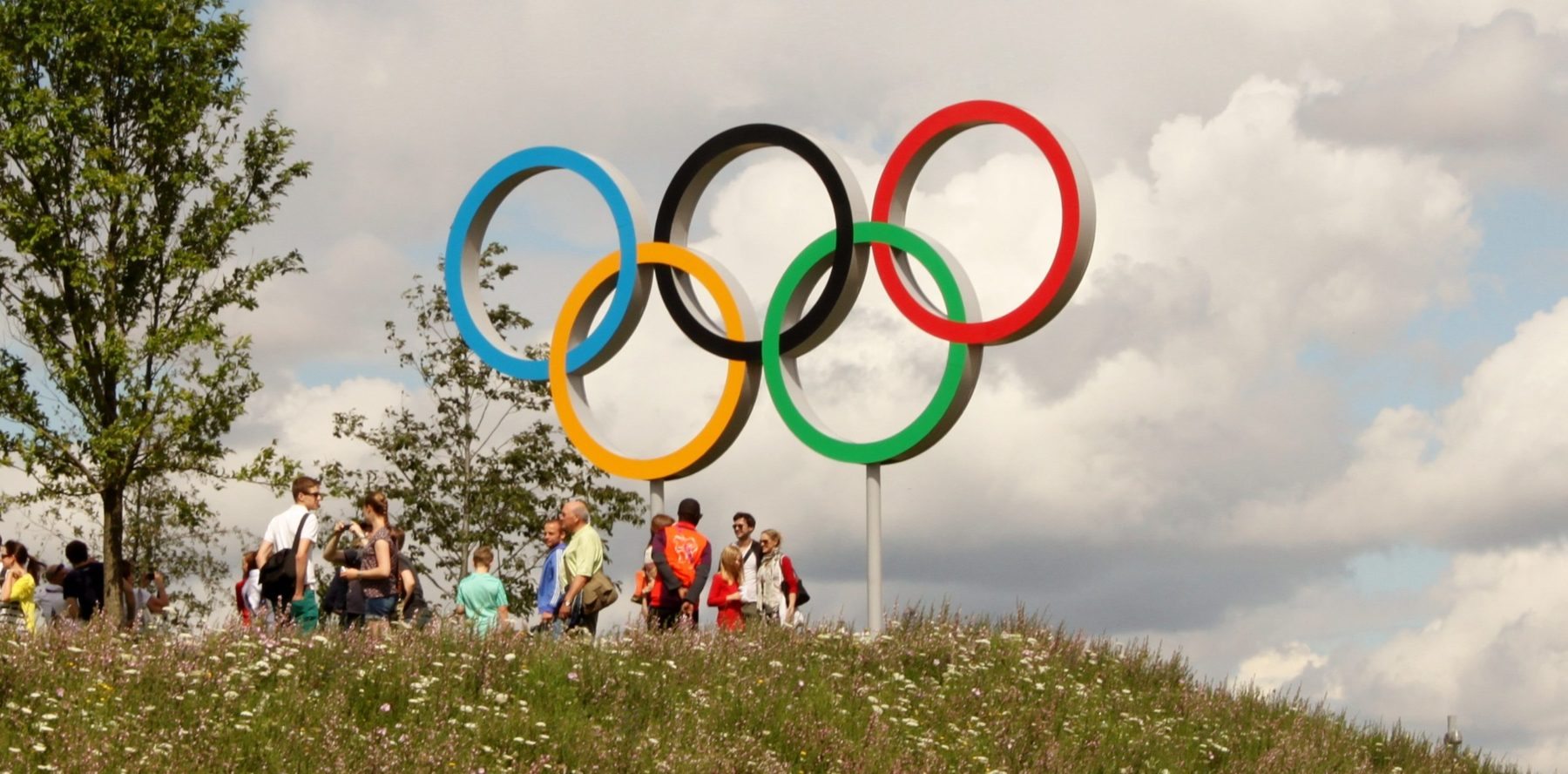Tokyo 2021: How certain is the future of the XXXII Olympiad?
After a year and a half which has shaken up the sporting world as we know it, there could be a moment this summer where all the troubles of a past year will melt away. When the words ‘‘Welcome to the Tokyo 2021 Games’ boom around the stadium and are played on TV screens all around the world, it will be a moment of shared international rejoice! But with the Tokyo Games now only 132COIV days away, and much of the world still in the throes of the COVID pandemic, questions of how an inherently international event will be able to run are starting to be asked.
In response to these queries coming from athletes and governing bodies across the world, the IOC and Tokyo Olympic Committee have released their ‘Tokyo 2020 playbooks’.
The playbook has been described as ‘the basis of our collective game plan to ensure that all Olympic and Paralympic Games participants and the people of Tokyo and Japan are safe and healthy this summer.’ The books touch upon issues such as distancing, sanitizing, travel requirements and the vaccine! Each document is around 33 pages long and separate documents have been made for different participants in the Games, ranging from the athletes themselves to the marketing partners.
When reading through the booklet, however, some of the information at this point seems very vague and quite unspecific, with instructions such as ‘avoid physical contact, including hugs and handshakes’. The playbooks have faced much criticism for this. However, the IOC has said that the books will be due for an update in April 2021 as the event gets closer and the reality of the situation we could be faced with becomes clearer.
Could this unspecific route avoid another dreaded backtrack that the world has seen so many of over the last year
But in reality, when trying to organise an event that has so many unknowns, can we and should we expect crystal-clear rules yet? Afterall there are still 4 months to go and if we’ve learned nothing over the last year it’s to expect the situation to change – either for the better, or unfortunately the worst. So, by publishing some loose restrictions, could it ensure enough flexibility for the plans to be adapted to best ensure the safety of the athletes and organisers in the current COVID climate? Could this unspecific route avoid another dreaded backtrack that the world has seen so many of over the last year?
However, other figures have expressed that even leaving room for manoeuvre in the plans isn’t the safest option, and more drastic decisions need to be taken within the next few weeks. The former chief executive of the London 2012 Olympics, Sir Keith Mills, has said that ‘If I were sitting in the shoes of the organising committee in Tokyo, I would be making plans for a cancellation’.
It is perhaps understandable why the population are sceptical
Similar sentiments have been shared by the Japanese population, who have just finished living through their latest government declared ‘state of emergency’. Now in a situation where cases in Japan are declining, it is perhaps understandable why the population are sceptical of the fact that in a few months time, the world’s best sporting talent and their fans could be arriving on their doorstep.
In response to this, the Tokyo Government is considering banning international fans. But more than this they may ban cheering. We have already seen instructions such as ‘No shouting, no cheering. Please cheer by clapping your hands and maintain an appropriate distance” from Director General Yukihiko Nunumura at a media briefing recently.
Whilst these measures could make for a very spiritless atmosphere at the Games, they could also cost the Tokyo Government heavily. The official cost of the Games has already increased by ‘22% in the renegotiation of contracts and security measures’. Therefore, it could cause significant damage to the Japanese economy if fans are not allowed to enjoy the facilities and spend money in the ways it had initially been planned.
And of course, whilst the economic impacts of the Games are very important, we must also sympathise with the athletes. This Olympics could be the defining moment of their career. It could ensure more funding for their sport and they could gain more sponsorships. To have this taken away after 5 years of hard work could be soul-destroying. But is their health, and the potential international spread of the virus this could cause, worth the risk? It could depend on which athlete you ask!
So, it seems again we find ourselves in a situation where the future of one of the world’s most greatly anticipated festivals will lie at the hands of the COVID beast. But with the worlds governing bodies in general agreement that safety is paramount, could we hear that call at the end of the next month that all investment will now go towards Paris 2024, and the Tokyo 2020 Games will become only the fourth Games in history to be cancelled.

Comments